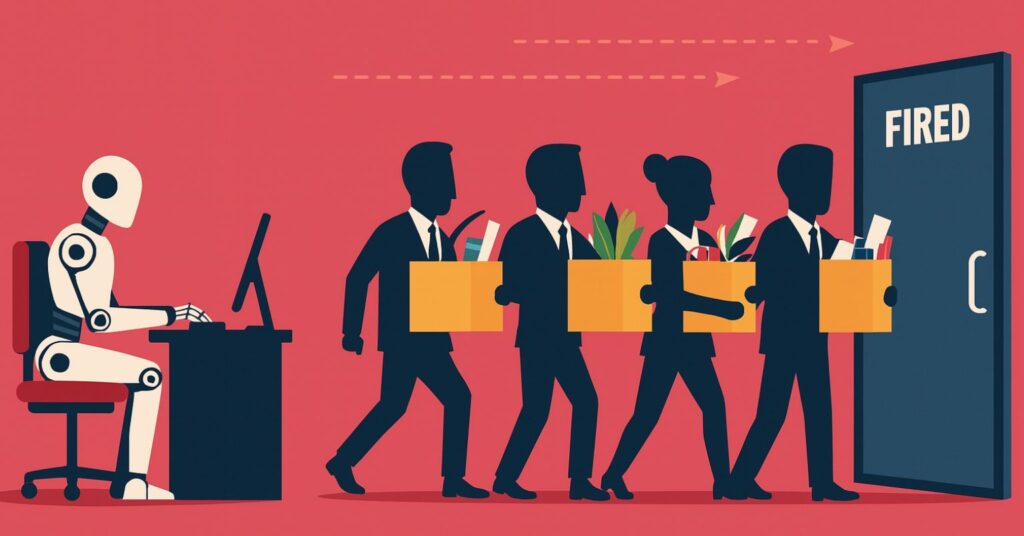The global technology industry has recorded an estimated 180,000 job cuts so far in 2025, as companies restructure in response to slowing growth, cost-cutting pressures, and the accelerating adoption of artificial intelligence (AI). Major firms including Intel, Microsoft, and Tata Consultancy Services (TCS) are leading the latest wave of workforce reductions.
Industry-Wide Shift Toward AI and Automation
Analysts say the trend reflects a strategic shift in priorities across the tech sector. Firms are investing heavily in AI-driven efficiency while reducing traditional headcount to manage expenses and realign operations for future growth. The layoffs mirror the early 2020s tech correction, which saw over 250,000 job losses globally, but this year’s reductions are more targeted — focusing on roles that can be replaced or optimized through automation.
Major Players Lead the Restructuring
Intel has reportedly trimmed thousands of positions in its manufacturing and sales divisions as it pivots toward foundry expansion and AI chip development. Microsoft continues to consolidate teams following deep AI integration across its cloud and productivity platforms. Meanwhile, TCS has reduced staffing across several markets, citing optimization and client shifts toward AI and digital transformation services.
AI as Both Opportunity and Disruptor
Industry analysts highlight that while AI is driving job cuts, it is simultaneously generating new opportunities in areas such as data infrastructure, model training, and algorithmic design. Daniel Markov, senior analyst at GlobalData, stated: “AI is both the disruptor and the opportunity. Tech firms are cutting back in the short term to reinvest in automation and generative AI — which they believe will define the next decade of productivity.”
Balancing Profitability and Workforce Impact
The layoffs come despite robust financial performance from leading tech firms. With investors prioritizing profitability and operational efficiency, many companies are optimizing headcount to enhance margins. Smaller startups and mid-tier firms are also scaling back, seeking to extend financial runways amid tighter venture funding conditions.
Concerns Over Job Displacement and Reskilling
Economists and labor organizations have warned of the social implications of AI-driven job displacement. They caution that the speed of automation may outpace global reskilling initiatives. In response, governments in Europe, North America, and Asia are working on frameworks to support digital workforce retraining and establish ethical guidelines for AI deployment.
The Road Ahead
Despite the widespread layoffs, industry leaders maintain optimism about the long-term future of technology. The sector’s next growth phase is expected to be powered by AI innovation, cloud computing, and semiconductor advancements. Analysts describe the current period as a “recalibration” rather than a decline — a necessary transition toward a more efficient and AI-integrated industry model.
Still, for the tens of thousands of workers affected worldwide, the human cost of technological progress remains a painful reminder that innovation often comes hand-in-hand with disruption.

